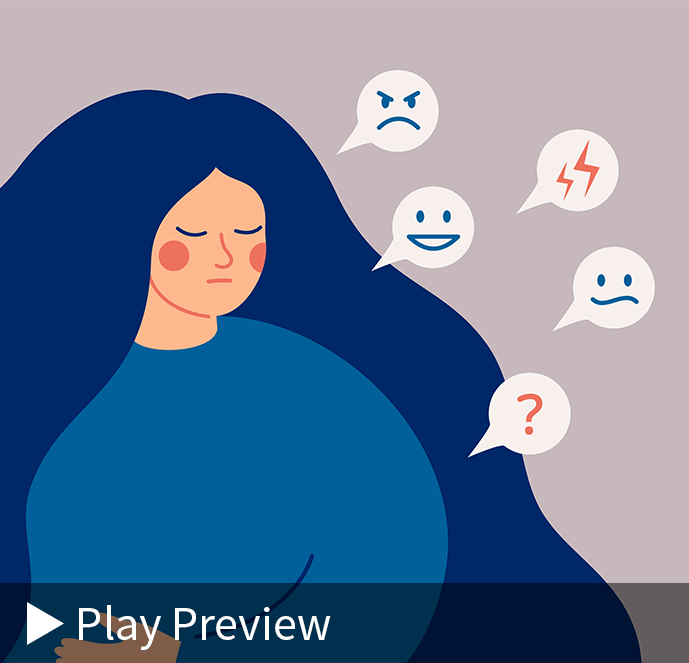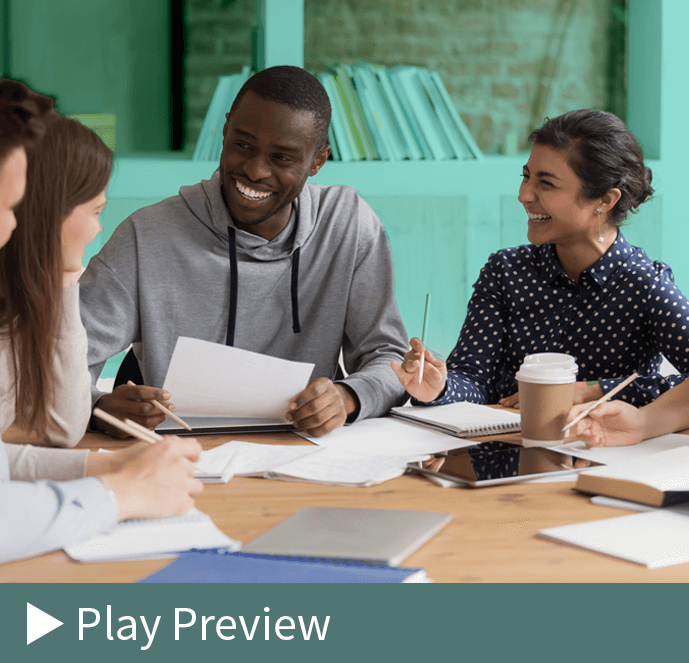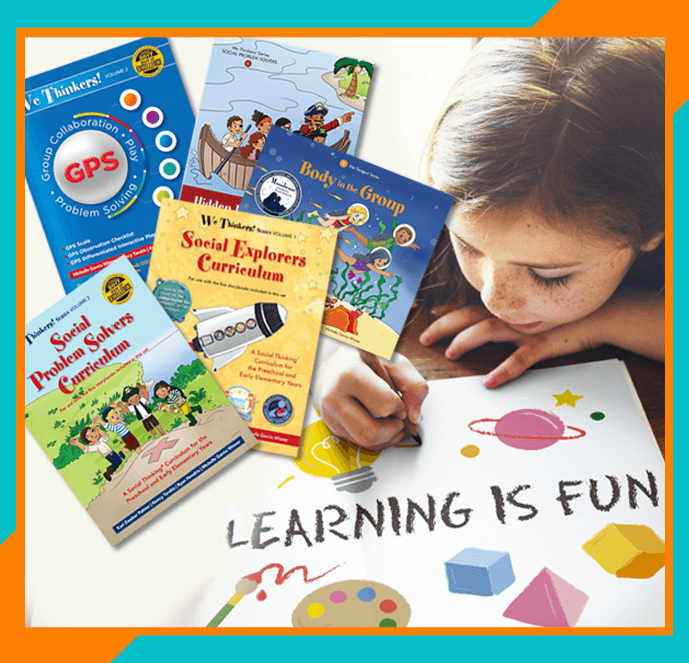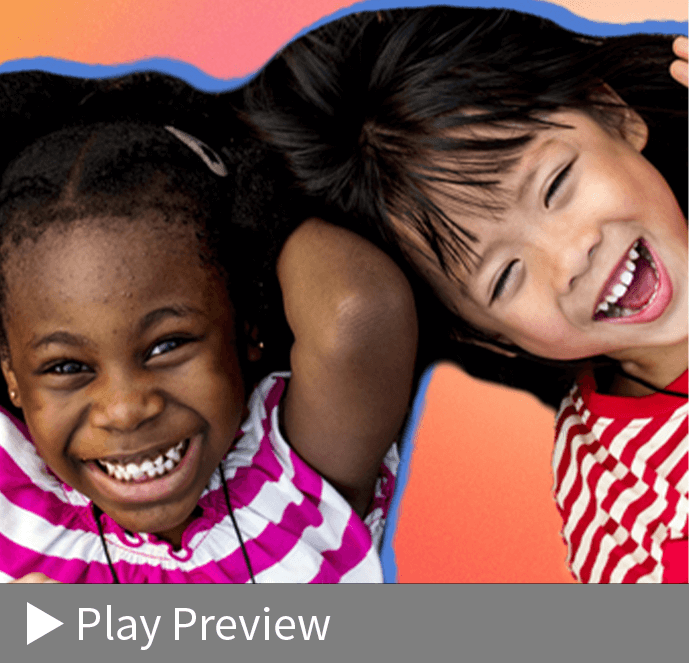Recognizing and Understanding Our Own & Others’ Thoughts, Feelings, and Behaviors
As we begin another school year, perspective taking is something our students are required to do every day, all day. Whether working in a group, reading a book, hanging out, or writing for others, understanding another’s point of view is embedded in every school’s curriculum. Perspective taking also helps us be consciously aware of each other and consider the thoughts, feelings, and intentions as we participate in and work our way through social situations.
Perspective taking is what helps us make sense of social situations—where we are, who is there with us, and what’s happening—even when we aren’t actively interacting with each other. Perspective taking helps us regulate our thoughts, feelings, and behaviors and adjust what we do and say to meet our own and others’ social goals—whether we’re playing a game, enjoying a family meal, learning in a group, or driving a car.
Quick Links
- Free Webinars
- Best-Selling & Award-Winning Products
- On Demand Courses
CEs available for select professionals - Free Stuff for Home & School
- What is Social Thinking?
Products to Support Social Perspective Taking Across Developmental Ages
Early Learners (4-7)
Elementary School (Ages 8-11)
Tweens, Teens & Young Adults
On Demand Courses—Practical Strategies You Can Use Right Now

What’s Alexithymia?
What is alexithymia? It refers to challenges in developing awareness of one’s feelings, identifying, and distinguishing them from other physical sensations—and it’s gaining interest in the research, schools, and clinical arenas. Educators and parents have reported an increase in overall “regulation” challenges in the classroom, on the playground, and during small group activities. We’ll highlight select key aspects of emotional awareness and regulation and its role in perspective taking. Specifically, we’ll explore how alexithymia can impact the building blocks for spontaneous perspective taking across all contexts. We will suggest practical strategies to increase awareness of feelings within the perspective-taking process to use within the classroom, school, community, and home. The 90-day Recorded Replay Access begins at the time of Registration.
1.5 hours of CE credit available for select professionals.

Small Talk & Conversations
Small talk and conversations are dynamic, and we cannot create reliable scripts for how they will unfold. We can, however, increase our students' awareness of why we engage in social exchanges such as small talk. In this online course, we will unpack the complexities of small talk and conversation. We’ll break these down into their component parts to build strategies that support engagement in initial and ongoing social connection for children, teens, and adults. The 90-day Recorded Replay Access begins at the time of Registration.
3.5 hours of CE credit available for select professionals.

Helping Early Learners Build Social Competencies
This strategy-filled course delves into crucial aspects of building social competencies in preschool and early elementary-age students (ages 4-7). Explore how flexible thinking, social language, self-regulation, and social and emotional development are vital for developing collaborative interactions in group settings, both on the playground and in the classroom. Gain insights from a research perspective on the impact of executive functioning, social attention, and social problem solving through the lens of our award-winning We Thinkers! curriculum series. Walk away with practical strategies and examples to seamlessly integrate social learning concepts into your existing teaching methods. The 90-day Recorded Replay Access begins at the time of Registration.
5.5 hours of training and CE credit available for select professionals.

Social Thinking: Building the Social Mind in Early Childhood
Parents and caregivers are always asking about how to teach and support self-regulation. In this course designed specifically for parents and caregivers, we’ll talk about the ways the social mind can support social thinking and self-regulation for early learners. We will cover practical strategies including how we can use stories, activities, and play to build self-regulation; how to teach children to better understand their own and others’ thoughts and feelings, and the plan of the group and their role within it. Please note: this course is not eligible for Continuing Education. The 90-day Recorded Replay Access begins at the time of Registration.
Please note: this course is not eligible for Continuing Education.
Free Stuff for Home & School
Free Articles
Social Perspective Taking & The 5 Steps of Being with Others
- What is the ILAUGH Model of Social Thinking?
- Add-a-Thought: Teach an Essential Conversation Skill
- Social Emotional Self-Regulation: Why It Doesn't Involve a Behavior Plan
- What Is Shared Imagination & Why Is It So Important to Relationship Development?
- The Social Thinking-Social Competency Model (ST-SCM)
Free Video Lesson

Allison King | MS, CCC-SLP Social Thinking San Jose, Clinical Director
Everyone has thoughts! How do we know what other people are thinking? How can we let other people know what we are thinking about? How do we get thoughts from one brain to another? The only way to do it is to bridge your brains!
Free Video Lesson

Did you know that asking for help requires self-awareness of one’s own perspective taking? All individuals need help at times, but needing help doesn’t mean you don’t know anything at all. We created a simple Asking for Help Strategy Card that breaks down the amount of help a student needs. This free video lesson & strategy card is part of our in-depth 60-minute free webinar: Perspective Taking in the Classroom.
Thinksheets

Thinking Thoughts and Feeling Feelings

Thinking with Your Eyes
Add-a-Thought, Ask a Question

Draw Your Own Social Fortune/Fate Scenario

What is Social Thinking?
Develop Social Competencies
The Social Thinking Methodology provides evidence-based strategies to help people ages four throughout adulthood develop their social competencies, flexible thinking, and social problem solving to meet their own social goals and improve:
- Conversation & social connection
- Executive functioning
- Friendship & relationship development
- Perspective taking
- Self-regulation
- Social Thinking Vocabulary




